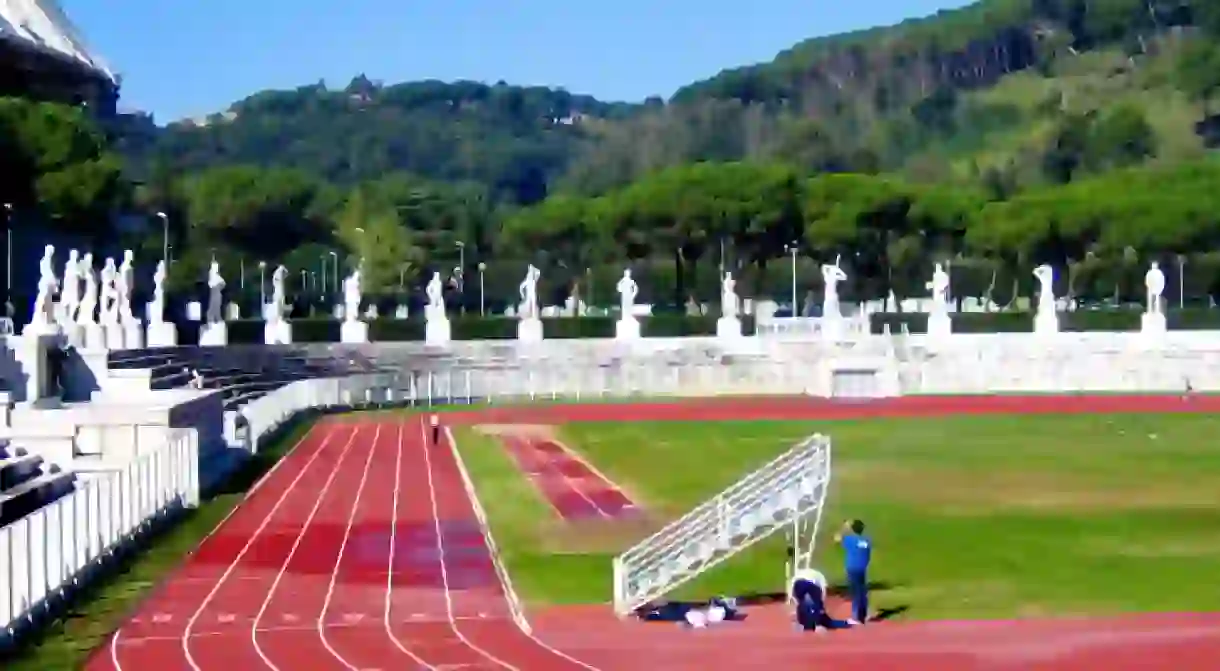Why Did Rome Vote Against The 2024 Olympic Bid?

The debate over whether Rome will, and should, compete in the bid to host the Olympic Games in 2024 has been a divisive affair. Rome’s recently elected mayor Virginia Raggi was against the bid, calling it irresponsible to laden the country with additional debt. In contrast, Italian Prime Minister Matteo Renzi was for the bid, saying the city was ready for a project of this dimension. On September 29th, 2016 the city council voted definitively against the bid, finally settling the matter.
Bidding to host the 2024 Summer Olympics began in 2015 and the selected country will be announced in September 2017 during the 130th International Olympic Committee Session held in Lima, Peru. Rome, which had been a candidate in contention, voted on September 29th, 2016 to withdraw its bid, leaving just Budapest, Los Angeles, and Paris in the running.

Hosting the Olympics is a prestigious honor, as well as an immense responsibility, for the chosen country. It is also extremely expensive, costing cities an average $5.2 billion for the Summer Games and $3.1 billion for the Winter Games. In addition to these sports-related costs, the cities must invest heavily in infrastructure such as roads, railway services, and airports which often end up costing even more than the actual sporting events. The data is split on whether there are net gains to be made in the long-term: the Vancouver Winter Games in 2010 generated a revenue of $2.5 billion while the Athens Summer Olympics in 2004 accrued up to $14 billion in debt, arguably even triggering its decline.
This last, particularly somber example, caused many Italians to pause and consider the repercussions of being selected to host the games. The city has already hosted the 1960 Summer Olympics but many of its sporting and housing structures have fallen into disrepair. Now in 2016, the capital is still battling against woeful infrastructure, high debt and overwrought bureaucracy that have sent it soaring into debt. The recently-elected Virginia Raggi of Italy’s anti-establishment Five-Star Movement is struggling to bring order to the ‘ungovernable’ city which is plagued by poor trash collection and inefficient public transportation, among missing other basic amenities. Saddling the city with the enormous responsibility of hosting the games would be a particularly challenging feat, with uncertain consequences.

Yesterday, Rome’s city council voted against the bid, a rejection that passed easily because the Five-Star Movement holds a majority in the council. On her Facebook page, Raggi wrote, ‘It was irresponsible to say yes to this candidacy. We wanted to say no to more debts for Rome and Italy. […] It’s no coincidence that today…the House approved a further motion to sign M5S in which €4 billion for the planning of public programs from 2017 to 2023 can be used to redevelop existing sporting facilities in the capital or towards urban regeneration programs.’ Prime Minister Matteo Renzi, of the Democratic Party, had been for the Olympics because of its job-creating potential for the highly unemployed country. After the vote he said Italy had ‘made a bad impression internationally’ but has suggested in the past that another city in Italy might bid for the 2028 Winter Olympic Games.
It seems the International Olympics Committee must work harder to convince cities that hosting the Games are more of a boon than a burden. For now in Rome, the priorities are on transparent governance and infrastructural development rather than the glory of carrying the Olympic flame.













